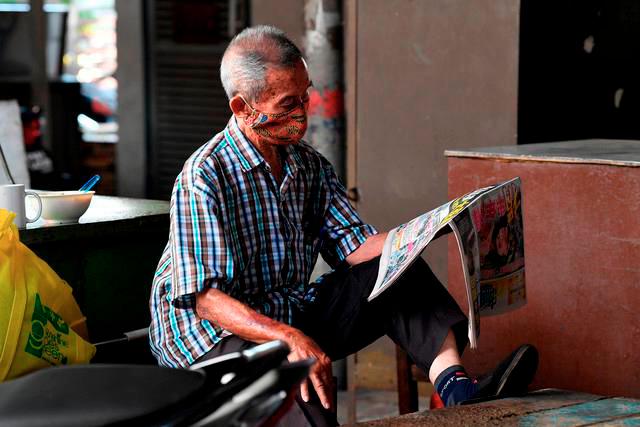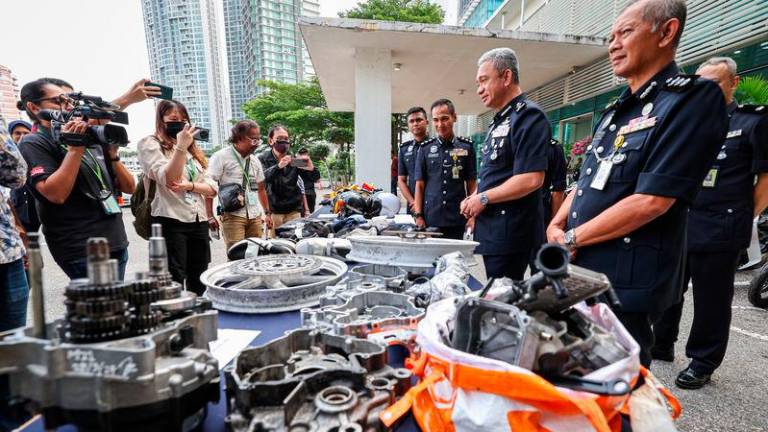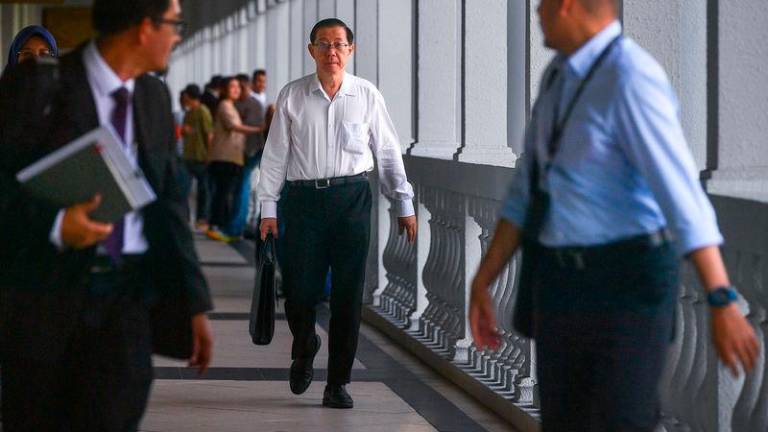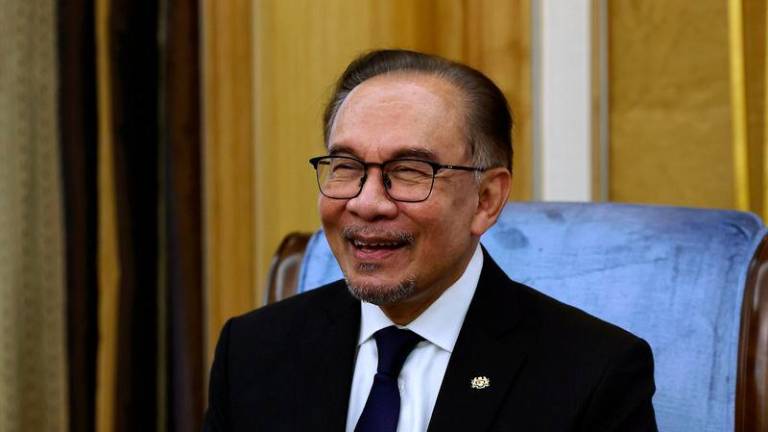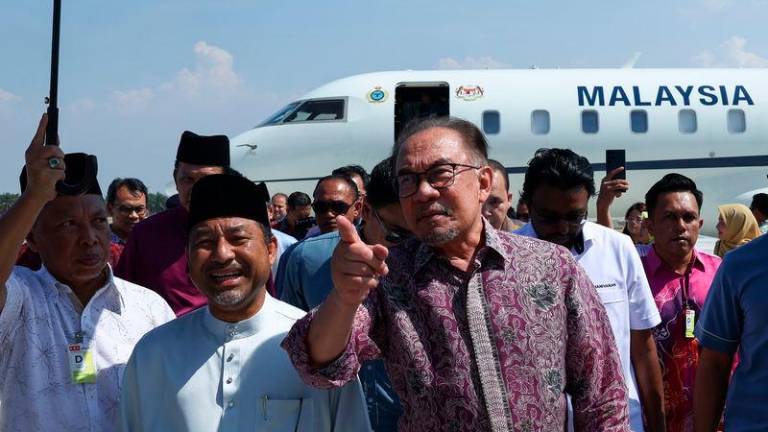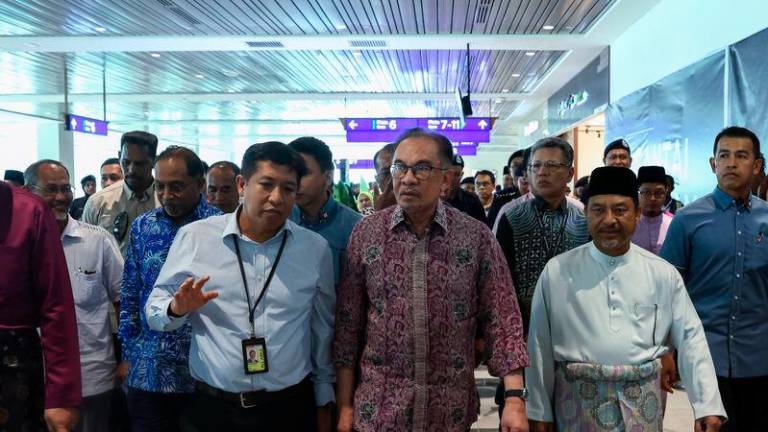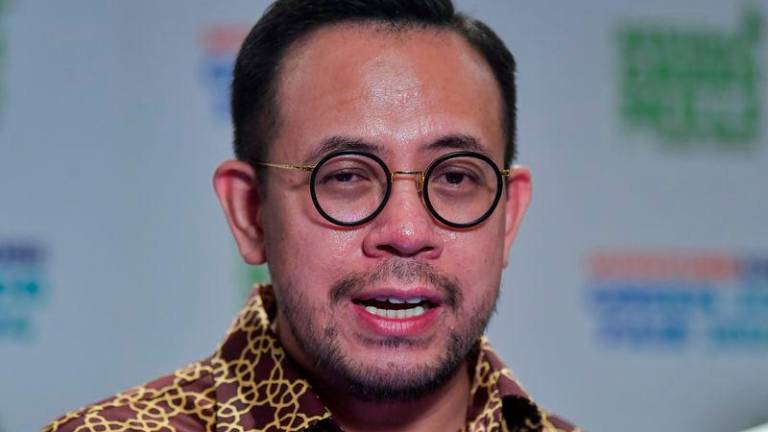THERE is an urgent need to address the plight of senior citizens in Budget 2023. It is hoped that it will be a people’s budget, and will reflect the political manifestos of the parties now in the government.
It is a known fact that the B40 and the M40 groups are facing difficulties due to the spike in the cost of living and other factors brought about by the Covid-19 pandemic, inflation and the unfavourable ringgit exchange rates. All these continue to weigh down on the vulnerable sections of society such as the poor, the senior citizens and the disabled.
The senior citizens are the most affected as they do not receive any special allowances or assistance unlike the B40 group that gets some form of aid from the Rahmah Cash Contribution, or the disabled who receives help from the Social Welfare Department.
Unlike civil servants, who get a monthly pension, and those from the private sector whose retirement benefits are large enough, most of the B40 and an increasing number of the M40 are in a pitiful state.
Their low-salaried jobs do not allow for bigger contributions to the Employees Provident Fund or for savings. What little they have saved would have been spent on their children’s education and weddings, for medical expenses, paying loans, among other things.
As such, they are almost bankrupt in their golden years unless their offspring are able to help them. With the increase in the cost of living presently, even their working children may not be able to provide much for their parents due to their own family needs.
This is where the government needs to help as is being done in numerous countries that have a safety net for the vulnerable in society.
Billions of ringgit go to waste through leakages and corruption every year, and these billions can be used to help the vulnerable.
By prudently controlling the finances and plugging the leaks, the government can divert a lot of the revenue for more useful and beneficial purposes. It must be remembered that the nation owes a lifetime debt to senior citizens, who have contributed towards the development and progress of the country.
Although Malaysia offers some token gestures, like nominal discounts for bus/train fares and dedicated lanes for senior citizens at government departments, this is not enough. The government needs to provide something substantial for its senior citizens.
It can start by setting up a special wing in hospitals for the medical needs of senior citizens. Currently, a simple cataract operation takes months and there is a lot of unnecessary consultations causing delays in treatment. A medical fund for senior citizens should be set up to pay for treatment, surgery and other medical expenses of senior citizens. The MySalam Insurance scheme should be reviewed and replaced with a better one.
It is difficult for the government to do more for the senior citizens due to the wastages and extravagant procurement costs, which are at inflated prices. Additionally, billions of ringgit have been given away as compensation to contractors to prevent legal action for abrogation of contracts. The national debt now stands at almost RM1.5 trillion.
The large allocations for the public sector by way of salaries, bonuses, perks, pensions, increments also amount to around 40% of the budget. Many employees, including politicians, are receiving multiple pensions and this should be stopped. They should only be entitled to one pension. This will save the government a large amount of money.
The government can introduce a social pension scheme for senior citizens, with a monthly allowance given to support them. As Malaysia is aspiring to become a high income nation, this would be a good start to lift the standards of living of its citizens.
We need to reduce the economic inequality and narrow the gap between the rich and the poor, which is currently very wide. It all boils down to having a political will to help those in their twilight years.
V. Thomas
Selangor



